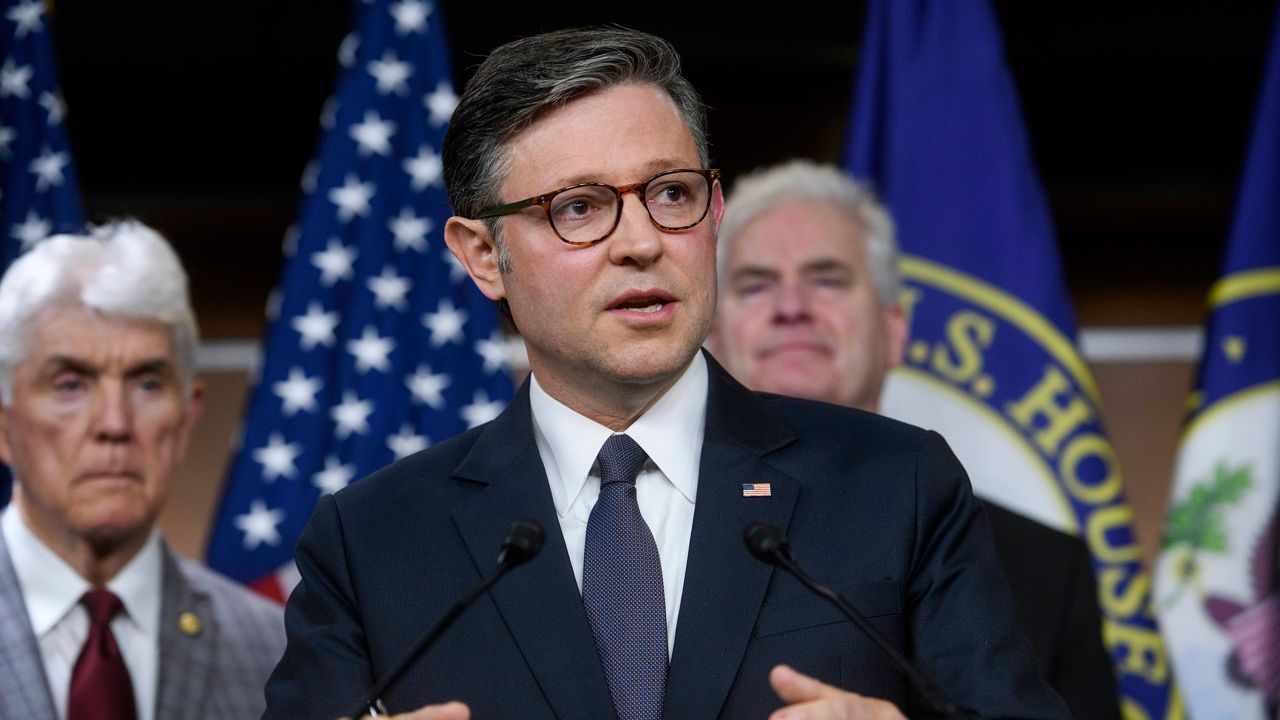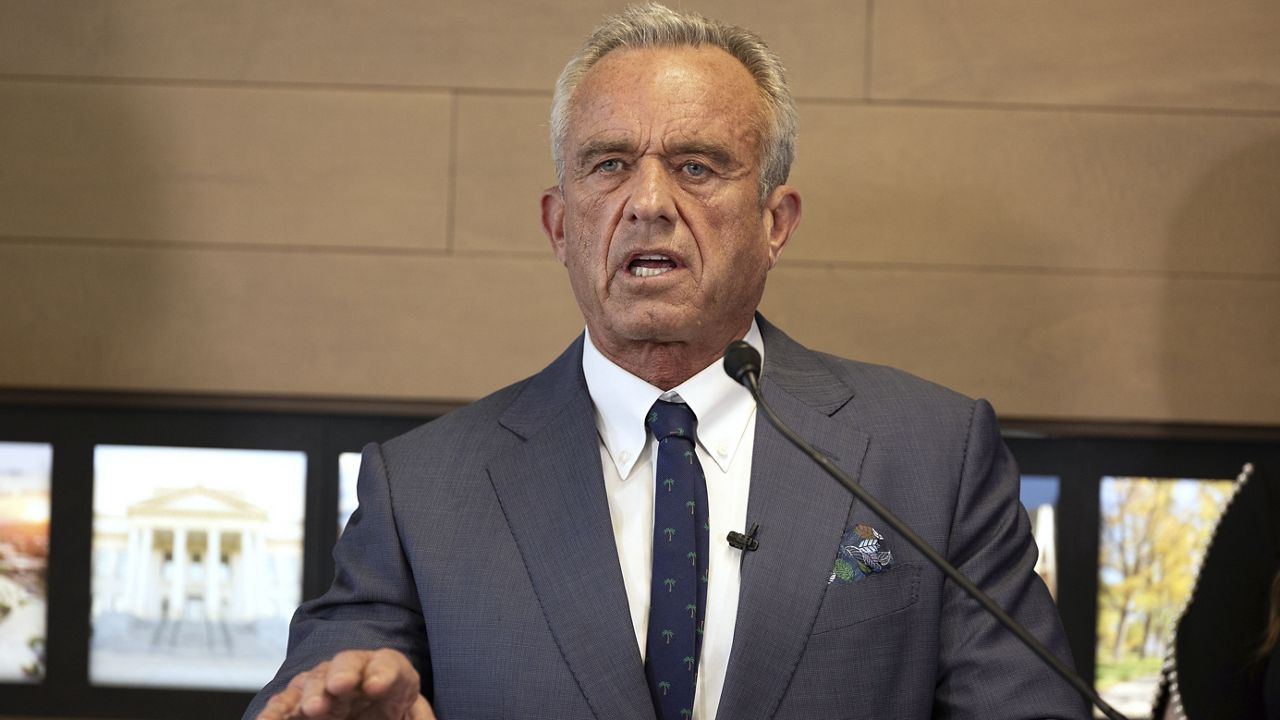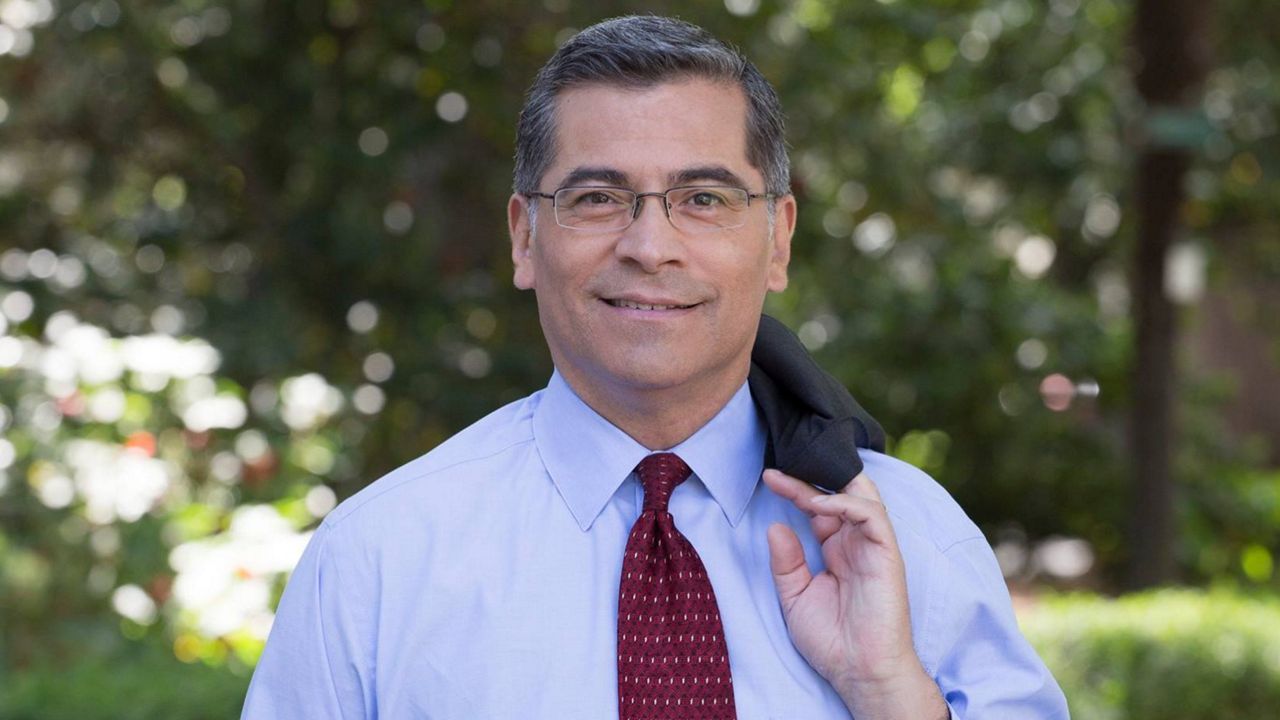As Congress negotiates the national defense authorization bill to fund the armed forces for the 2024 fiscal year, Rep. Mike Garcia, R-Calif., wants to make sure the youngest members of the military branches are seeing a pay raise.
“A third of our enlisted troops or junior ones that we're talking about, qualify for food stamps. So this is the magnitude of the problem that we're talking about. It's amazing that our troops have put their lives on the line [and] have to take food stamps to make ends meet,” said Garcia in an interview with Spectrum News.
Garcia’s bill, Raising Annual Income of Servicemembers by Enhancing Minimum Base Pay Act, proposes raising the minimum income for service members from $23,000 to a base pay of at least $31,200. That comes out to about a 30% raise on average.
“This is typically an 18- or 19-year-old who decides to enlist in the military, these aren't officers. These are people that come in as seamen in the Navy, privates in the Army and Marine Corps. And so you come in as in what is called an E-1, that is the first enlisted rank E-1, and the pay is about $1,900 a month right now, which is wild to think about," Garcia said — pay that amounts to a shade under $12 an hour. "A fast food worker makes about 50% more than our E-1s make in our military.”
The bill, once effective, would raise the minimum pay to about $16.25 an hour.
Garcia, a former U.S. Navy pilot, is in his second term in Congress. He serves on the powerful appropriations committee, the group tasked with writing the 12 government spending bills, including the NDAA. Garcia, a member of the defense appropriations subcommittee, was able to get the RAISE Act approved in the subcommittee to be folded into the NDAA for the 2024 fiscal year. The defense spending bill would have to be passed by both the House and Senate and signed by President Joe Biden before becoming law, but experts say they expect it to pass.
“There is a nature of bipartisanship when it comes to supporting the troops, and this has been part of our history going back since the early time of George Washington and going forward, Congress always tends to take care of the troops. I don't see that changing,” said Rudy deLeon, a senior fellow at the Center for American Progress and a former deputy secretary of defense. “There has generally been a broad consensus. It's unique how well the Democrats and Republicans on the Armed Services Committee in the House work together right now.”
But while deLeon sees this as a positive step, it's not expected to solve the U.S. military's recruiting problem. In 2022, the Army missed its recruiting goal by 25%, and earlier this year in a congressional hearing on military readiness, military leaders said they expect to miss their goal again in 2023.
“We can't really increase pay right now to sort of buy our way out of this problem, because there are those other factors of the economy, and the small pool of 18- to 25-year-olds who were physically fit, drug-free and high school grad, but the military has to become more competitive,” said deLeon. “I think the congressman is right by looking at these compensation factors. But it's going to take a wide variety of things beyond just simply compensation.”
DeLeon says now is a good time to raise pay, considering the last substantial military raise came under the Clinton administration, long before many current recruits were born. But he also points out for what they lack in financial payment, there are other benefits.
“If you look at the benefits that are available, like health care, like housing, like education, day care, you can go from a base salary of $15,000 with benefits, up to $67,000 a year. So it's not just simply the pay that impacts the quality of life," deLeon said. "But pay's a good place to start.”









